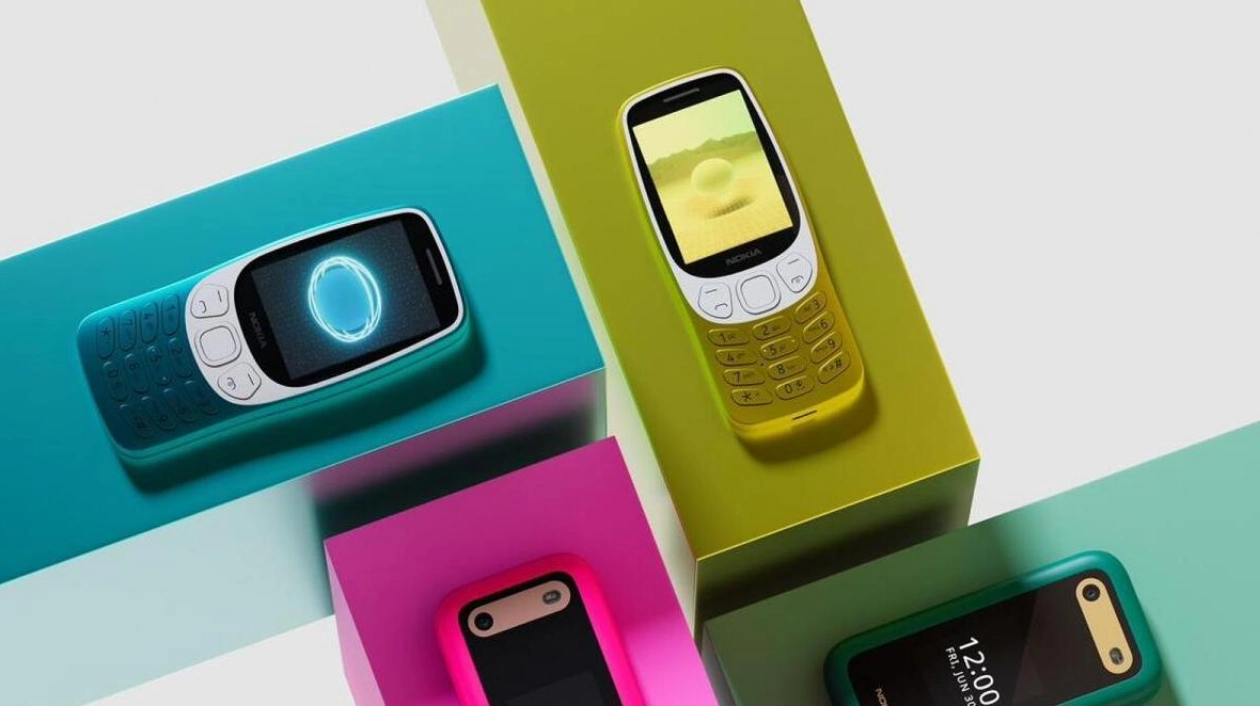Human Mobile Devices (HMD), Europe's leading smartphone manufacturer, is collaborating with parents to develop a new phone designed to mitigate the effects of smartphone usage and social media on children's well-being and mental health. Focusing on Generation Z, HMD is committed to crafting a safer alternative to traditional smartphones, allowing parents to regulate their children's screen time and social media access.
Based in Finland with additional offices in Dubai and the Middle East since 2017, HMD is renowned for producing some of the world's finest mobile devices, including those under the Nokia brand. The company pioneered the dumbphone movement by reinventing classic feature phones for contemporary users seeking to reduce their screen time for mental health reasons. HMD also introduced user-repairable smartphones, significantly lowering repair costs compared to traditional store fixes.
HMD is now engaging with parents to co-create a new phone and additional solutions that serve as viable alternatives to smartphones, giving parents control over their children's screen time and social media usage. This new device is expected to resonate with Generation Z, who are increasingly interested in digital detox solutions. Sanmeet Singh Kochhar, Vice-President of HMD for the AMEA region, emphasized HMD's dedication to the Middle East market since its inception, highlighting the need to address the specific concerns of parents in managing their children's mobile and social media usage.
HMD is collaborating with various experts, campaigners, and parent support groups to better understand and address the needs for such solutions. These stakeholders will participate in global webinars and forums to ensure that collaboration and co-creation remain central to HMD's The Better Phone Project. Lars Silberbauer, CMO of HMD, reiterated the company's commitment to protecting young generations from excessive smartphone and social media exposure, particularly in the MENA region.
The Better Phone Project aims to discover and implement solutions that address digital overload, offering a balanced and varied approach. HMD's goal is to work closely with parents and experts to develop truly effective solutions that meet the needs of users. The global research commissioned by HMD revealed that the average age for a child's first smartphone is 11, but many parents wish they had delayed this longer. The study also highlighted significant concerns about the negative impacts of smartphone usage on children's sleep, physical activity, and social interactions.






